The 2025 Children’s Day has elicited reactions from stakeholders in Nigeria, the latest, is from Charity Anaja, Child Right Advocate and North East Coordinator of Women Trafficking and Child Labour Eradication Foundation (WOTCLEF).
WOTCLEF is a non-governmental organization in Nigeria founded in 1999 by Her Excellency, Chief (Mrs.) Amina Titi Atiku Abubakar.
Anaja in an exclusive interview with SINL Nigeria Online opined that to enhance the plight of the children, stakeholders must take ownership of the process, stressing that transformation comes from the renewal of the mind.
Commenting on the theme of this year’s celebration, the child right advocate emphasized that stakeholders need to address bullying from the place of the parents, to the place of the caregivers, and to the place of the society at large.
EXCERPTS:
QUE: Nigeria is celebrating yet another children’s day, what can we do to enhance the plight of the children?
ANS: Well, what we can do to enhance the plight of the children – is first of all to even thank God that we are alive to witness another Children’s Day.
That means our children are standing a chance to have their plight looked into. Now, we are in a country where we have had several legislations, several bills translated into law for the sake of the children. Nigeria has an up and running Child Rights Act.
In some states where they see that children do not have rights, they call it the Child Protection Law. But then, we need to go beyond just enacting laws. Some people say there is lack of implementation.
But the government is trying. Now we are in a time where everybody must take ownership of the process. Every one of us is a major stakeholder.
Either as a parent, as an institution, as a government, as a caregiver. We should all see the roles we can play or bring to bear to ensure that the plight of the Nigerian child is protected, is promoted and they have meaningful childhood translating into adulthood.
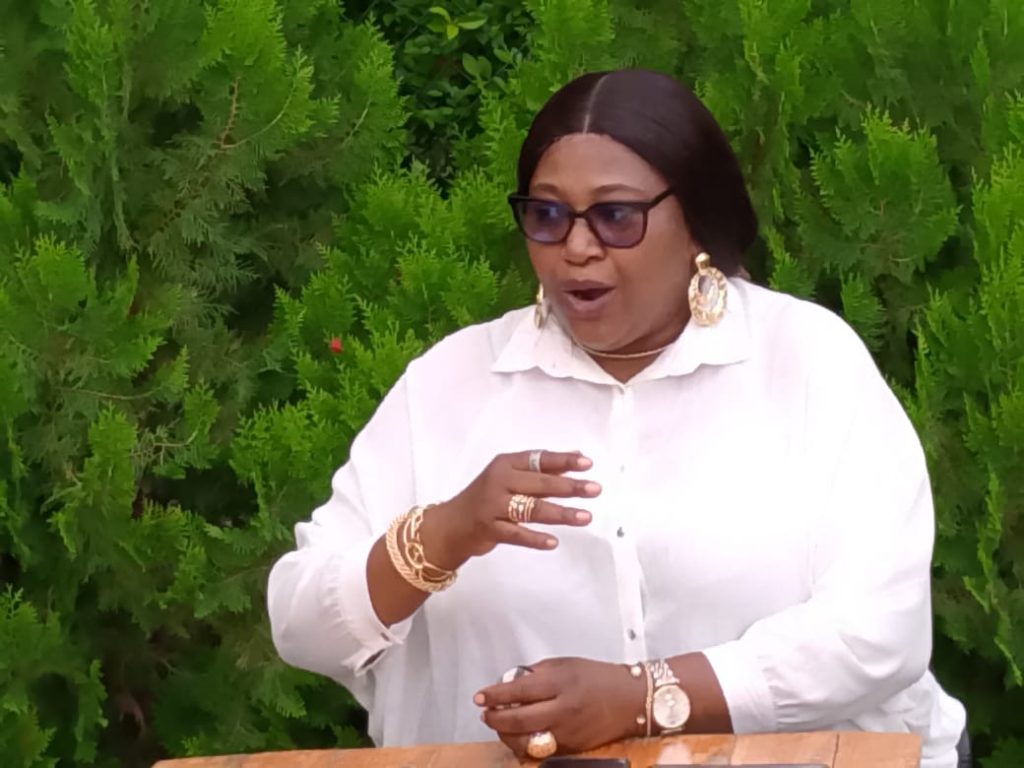
QUE: Okay, closely following that, out-of-school children scenario has become worrisome for the federal government. Can you tell us the intervention by WOTCLEF.
ANS: As you all know, WOTCLEF particularly, is an organization that was founded over 25 years ago. When a child doesn’t go to school, it is majorly because of poverty.
They cannot afford to take the child to school. So a child is now forced to be a co-breadwinner for the family. He or she is given to child trafficking or child labor, as we may call it. Begins to sell, begins to raise revenue for the family. Sometimes for the girl child, even her own education is truncated or sacrificed for that of the counterpart for the boys. So we need to begin to look at incentivizing education, making it easy bringing it to the communities where a child can just walk into a classroom and have her education.
So that it becomes something that is easy for parents to do. And how do we incentivize education? By saying that, number one, it is free. Nigeria is trying.
In most of the northern states, basic education is free. But have the mindset of parents been addressed to see that education is good? We have had this issue of Boko Haram. Boko Haram is like saying that Western education is not a good thing.
What are the alternatives to education? Literacy, If there is no Western education, we can have just literacy and human capital development through skills acquisition. In that way, even if Western education is not optimal, why don’t we have girls engaging in skills they are good at? So that is how we are beginning to see it.
State governments are already trying, bringing up platforms where they have free and compulsory education, especially at the basic level. But then, how many children are still going to the classrooms? Sometimes they cannot afford the uniforms.
I know that in Adamawa state, they don’t pay school fees. But we still have children on the streets. Why? They cannot buy school uniforms.
They do not have exercise books. Some cannot even go to the school. And some, their parents just feel that school is not for them. They should make money for the family. So number one, there must be some kind of reorientation of our minds to see the gains of education. That is the first thing.
Number two, if a child does not want to enter the classroom for Western education, have we started considering human capital development in the place of skills acquisition? These are things we must begin to look at. Let us tell ourselves the truth. Even if you bring schools to some people’s doorsteps, they may not want to enter that classroom.
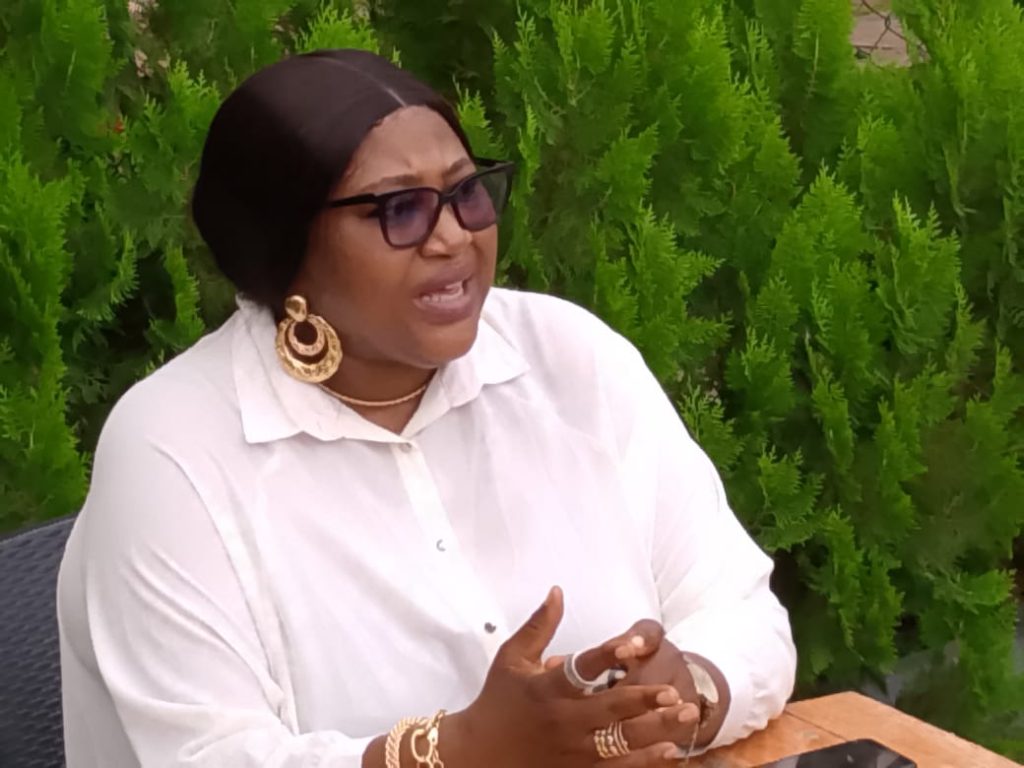
And there are some people that are not even wired to enter the classroom. What alternatives are we bringing to them so that they can become literate and they can enter the classrooms? Another area we must look at is transitioning. While basic education may be accessible, is it meaningful after secondary school for a lot of them? Because even when they finish, they don’t finish with the best grades and they get married.
So what is the transition rate? What value are we bringing to transition? Can they enter the universities at the same pace of free education? Or after university, are there platforms where they can go to, like training colleges and polytechnics, even if they cannot get university education? Those are things we need to begin to speak to as a nation. No matter at what level, there should be value added to every child.
QUE: As a follow-up, a school of thought is of the belief that poverty is also part of the challenge.Do you align with this?
ANS: Yes. I earlier mentioned that poverty sometimes ravages the mind. But even with that poverty, government is now trying to build a bridge.
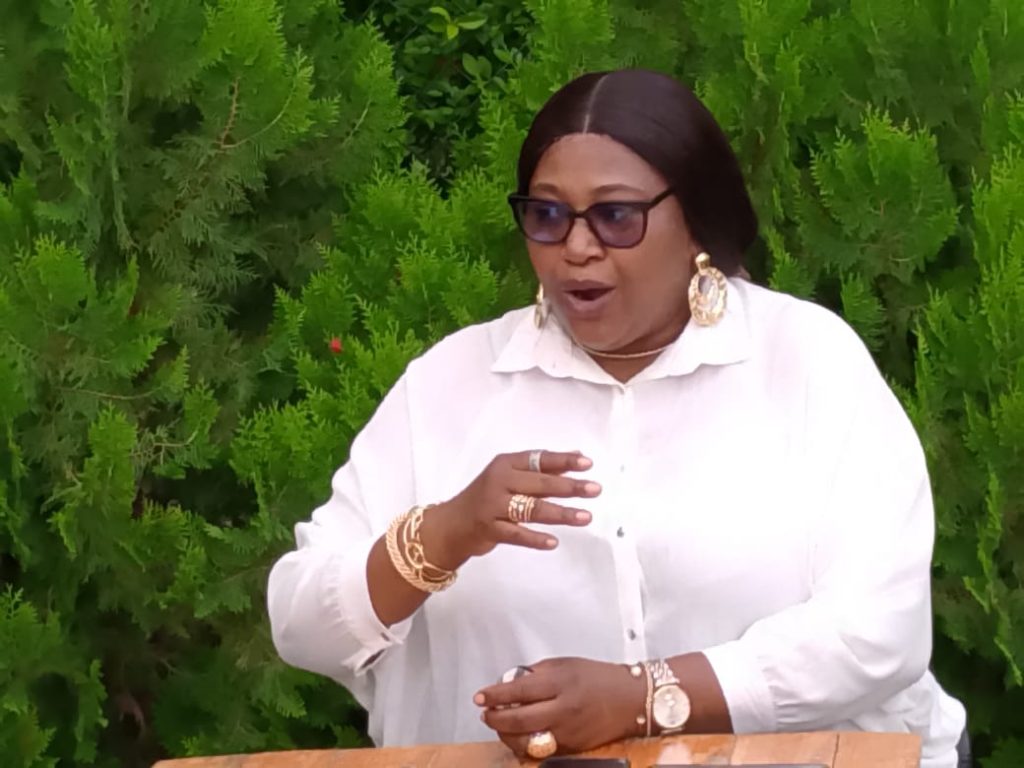
Even if a child cannot afford to go to school, let us make it free, let us make it compulsory. But sometimes the mindset now brings in ideas. My child is not for school, let me marry her off, let her work for me, and that is where work life comes in, or let her go to the cities and work for a family, may be there will be a better future for them. And destinies have been truncated due to this. So poverty plays a major role in the mindset of a lot of parents.
And even when the poverty is not there, sometimes even the children are not encouraged. Some of them do not want to be in school. So there are a lot of ways we should address this.
QUE: Can you briefly comment on the theme of the 2025 children’s day celebration?
ANS: The recent one from the Ministry of Women Affairs is to speak out against bullying. Now this does not even look at out-of-school children or girl-child marriage. It is looking at even children in school.
There is a lot of bullying in the media, in the cyber space. Children are bullied in schools. And there is this culture of silence even in the school. Out of fear they cannot speak to their parents. Out of fear they cannot speak to their caregivers who are the teachers that they spend more than 9 hours of their day with. Out of fear they do not tell anybody.
Depression comes in, they are traumatized. Some get really depressed and they commit suicide. Children are now falling below their potentials due to somebody overpowering them.
Bullying, which is a major crime, stems from somewhere. The bully must be an abused child. The bully must be an abused child who grew up in a very tense environment. Because it is power play. Imposing your power on a vulnerable partner.
So we need to address bullying from the place of the parents, to the place of the caregivers, and to the place of the society at large. And even access to the cyber space, to the social media. Because some children are connected through the social media.
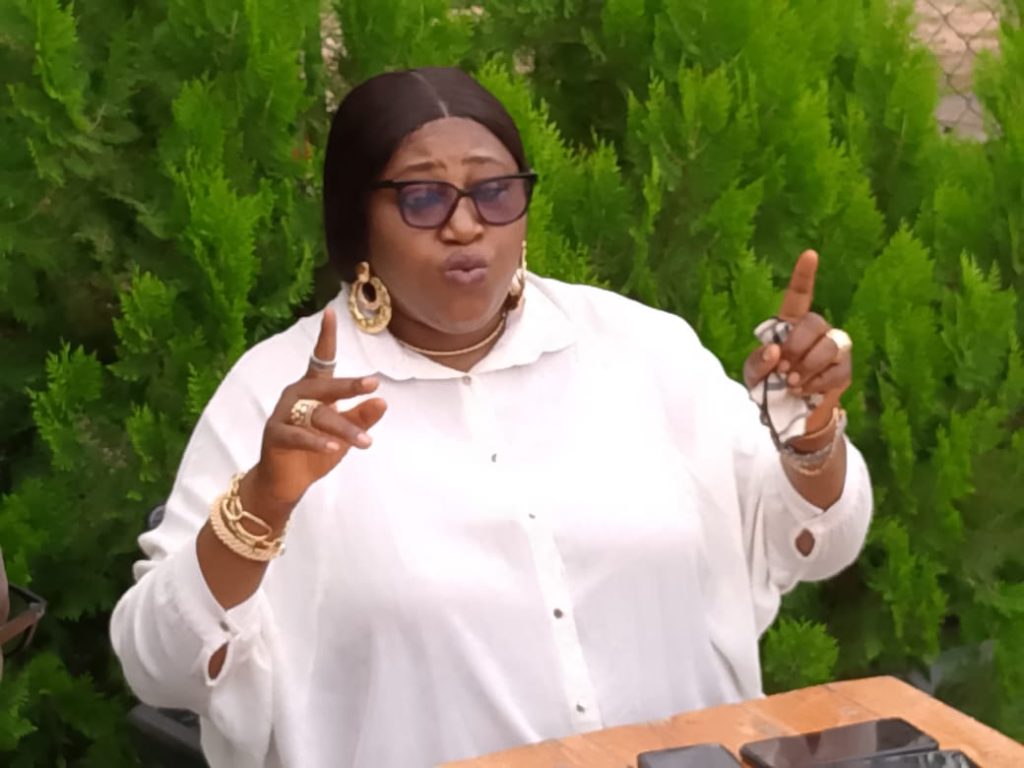
They are told to commit suicide. If you don’t commit suicide, we are going to, even we adults, sometimes there is bullying for us. So this is a generation we want to build of a bullying-free environment. That is what we are looking at, at this year’s Children’s Day celebration or commemoration.
QUE: Let us look at the phenomenon of girl-child marriage, which is a problem in Nigeria.
ANS: Well, girl-child marriage is a very, very tricky topic. Because biologically, a girl’s reproductive system is easier for her when she marries earlier. And she begins to have her children early.
Our mothers married at the age of 18. By 30, they were done. And their children became like their siblings.
But a lot of complications come when women marry later in life, and it then becomes difficult. So sometimes, those that are advocating for girl-child marriage look at it from that premise. That a woman settles and is easy having her children when she marries early. But now, the flip side to girl-child marriage is that a lot of things are foregone. Number one, education. Number two, her even growing up to be old enough to make informed decisions about herself. Her development as a woman. Can a woman define herself as a child? You are married at 14. What do you possibly know? How can you defend yourself? How can you define yourself? What do you know about yourself? In a society that is evolving, and the world is becoming a global village, where women and girls are blazing their trail in business, in technology, and even in their marriages are becoming valuable partners in development.
A girl that is married at 14, has her life ended. And the health implication. Some of them have their children early, and have their reproductive system totally messed up. And as you know, they get stigmatized at that point. Especially in Northern Nigeria. Because with VVF, you cannot even sit close to them.
We advocate for early childbearing, but what of the downside of even that to their reproductive organs? And what it does to development. When a girl child is allowed, she goes to school, have a basic form of literacy. You would notice that in my conversation, I did not say they must all go to the universities.
Basic literacy to communicate with her world, and to make decisions. English, communication, and arithmetic. If she can get that basic form of literacy, either go to university as the case may be, or learn a skill, or have some form of training, she knows that this is what I want.This is what I want to be. This is where I want to go. Even as a married woman, with that form of value, she will be valuable and resourceful to the husband.
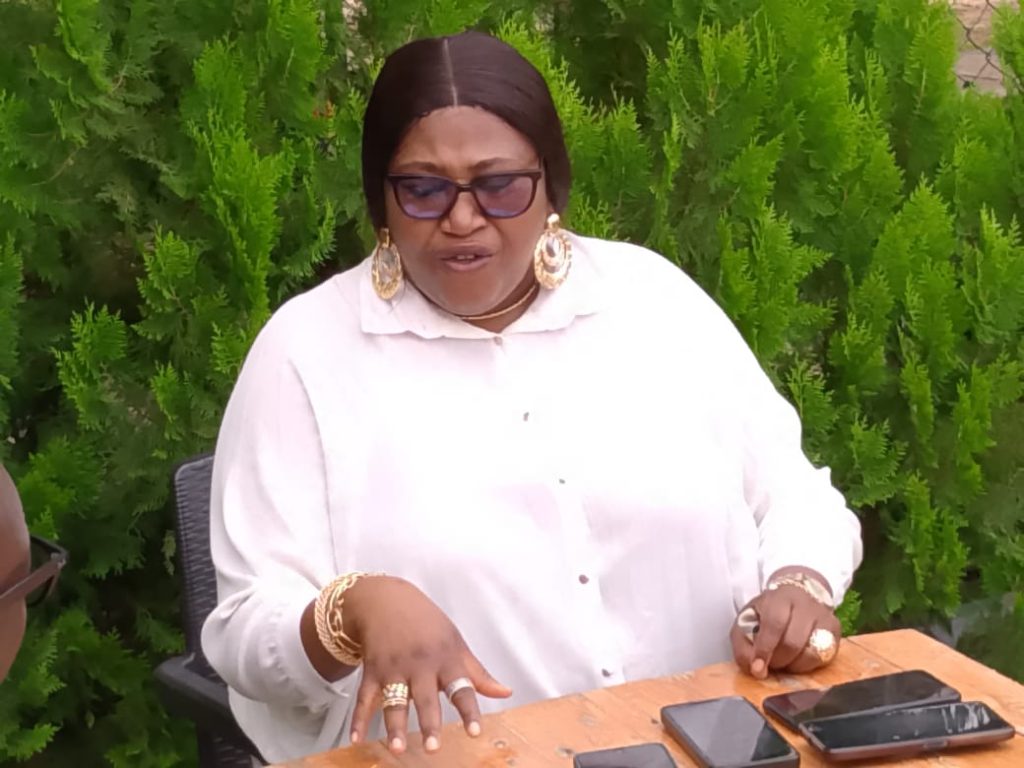
Most men that marry women at that age, when they grow, they want to marry another woman who is literate. So we advocate against girl child marriage, not because of anything, but because we want, we see every girl as an individual who reserves the right to make decisions for herself, who reserves the right to be a human being, and to interact properly, and to add value to herself first, and to the society at large.
QUE: What is the message of WOTCLEF on this 2025 Children’s Day?
ANS: WOTCLEF message for 2025 Children’s Day is that we must all take ownership of the process. As media practitioners, we have to take the message to the world as we are doing now. As civil society, we must not keep quiet. Transformation comes from the renewal of the mind.
And the reason why we speak endlessly is because we want minds renewed. We have laws, we have conventions that we are signatories to. Implementation is not only from the part of the government, it’s from the part of the parents, it’s from the part of the society, it’s from the part of the community, it’s from the part of the learning institution, it is from the part of every one of us.
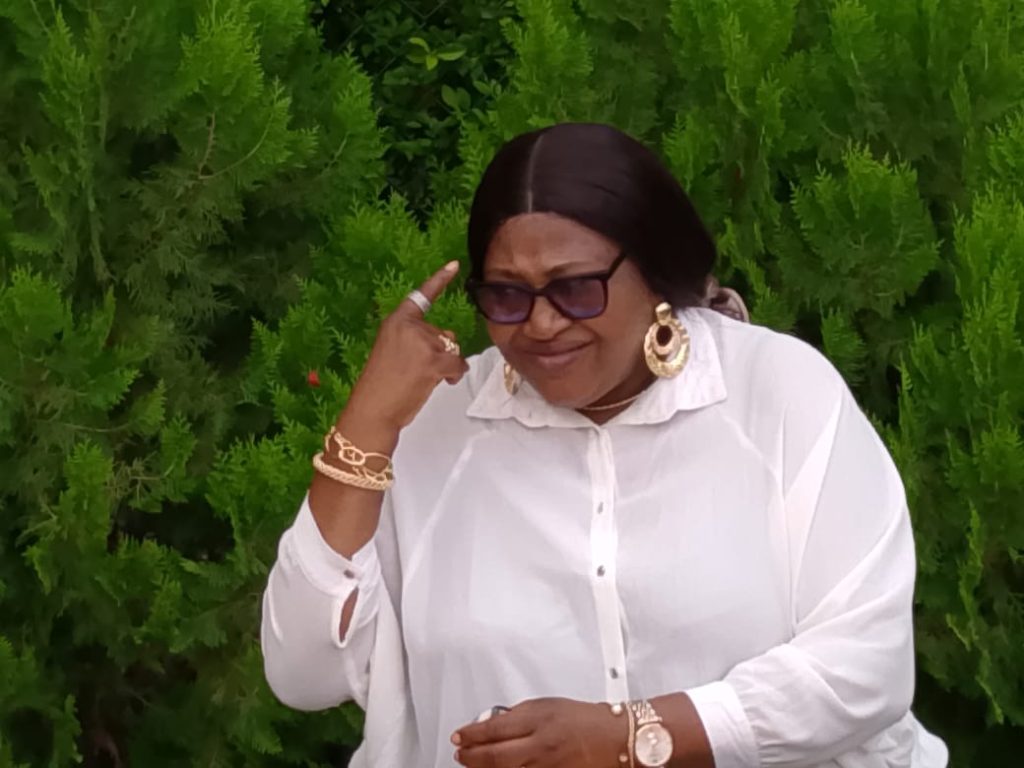
What role do we have to play? If you brighten the corner where you are, you will see that one life is being touched, and that life may be a saviour tomorrow. If we all play our roles, we will significantly reduce the menace of vices against children, and we will see that the rights of children are well preserved, and they will become the future of tomorrow that we seek to see. Thank you very much.













